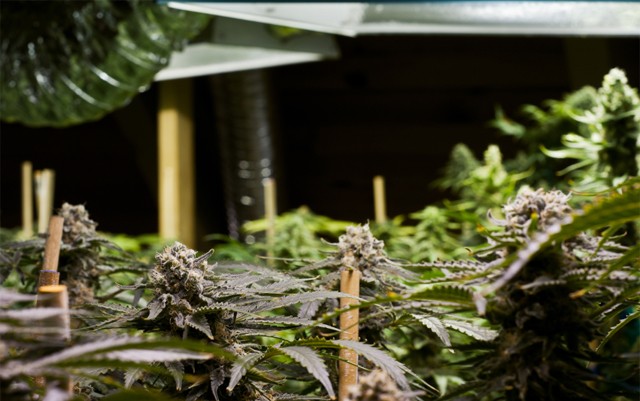The numerous restrictions put in place to prevent the study of cannabis in the United States has driven many investors to go international in search of efficient and quality research. It should come as no surprise that Israel, which is being considered the new technology hub for the future of cannabis, is one place where investors are dropping quite a bit of money.
Since 2014, American companies and investors have paid a total of $50 million towards Israeli licenses and patents for cannabis technology such as inhalers as well as research on the plant and its many medicinal uses. According to the CEO of iCAN, a private research facility, that number is expected to double over the next year.
“In the United States it’s easier to study heroin than marijuana,” said U.S. psychiatrist Suzanne Sisley, who has researched the effects of cannabis as a treatment for American military veterans suffering from Post Traumatic Stress Disorder.
There are many legal issues surrounding cannabis that prevents quality research in the United States. With the plant’s status as a Schedule I Controlled Substance being enforced by the Drug Enforcement Administration (DEA), getting federal funding for such a study is nearly impossible.
“With marijuana you have to go through added layers of government red tape. It highlights the way marijuana research is being shackled by politics,” said Sisley, Director of Medicinal Plant Research at Heliospectra.
Even though there are 23 states with legal medical marijuana programs as well as four states and D.C. to have legalized recreational marijuana for adult use, it is still incredibly difficult to come by quality research with controlled studies.
Luckily, even though the herb is illegal in Israel, their government is much more open to the idea of research. There is a medicinal marijuana program in Israel, which currently has around 23,000 patients in a $15-20 million dollar market, compared to the nearly $5.4 billion industry here in the states.
In the 60s, Professor Raphael Mechoulam of the Hebrew University in Jerusalem was the one to make the groundbreaking discovery of isolating THC. From there he was successfully able to synthesize it and since then Israel has been in the forefront of scientific research on cannabis.
“Cannabinoid research was and still is viewed positively by government committees,” he said, adding that law enforcement was not involved in study approval.
With looser restrictions for studying the plant overseas and millions in funding coming from our country and likely others as well, it will be interesting to see how much we learn about cannabis in the next few years.






